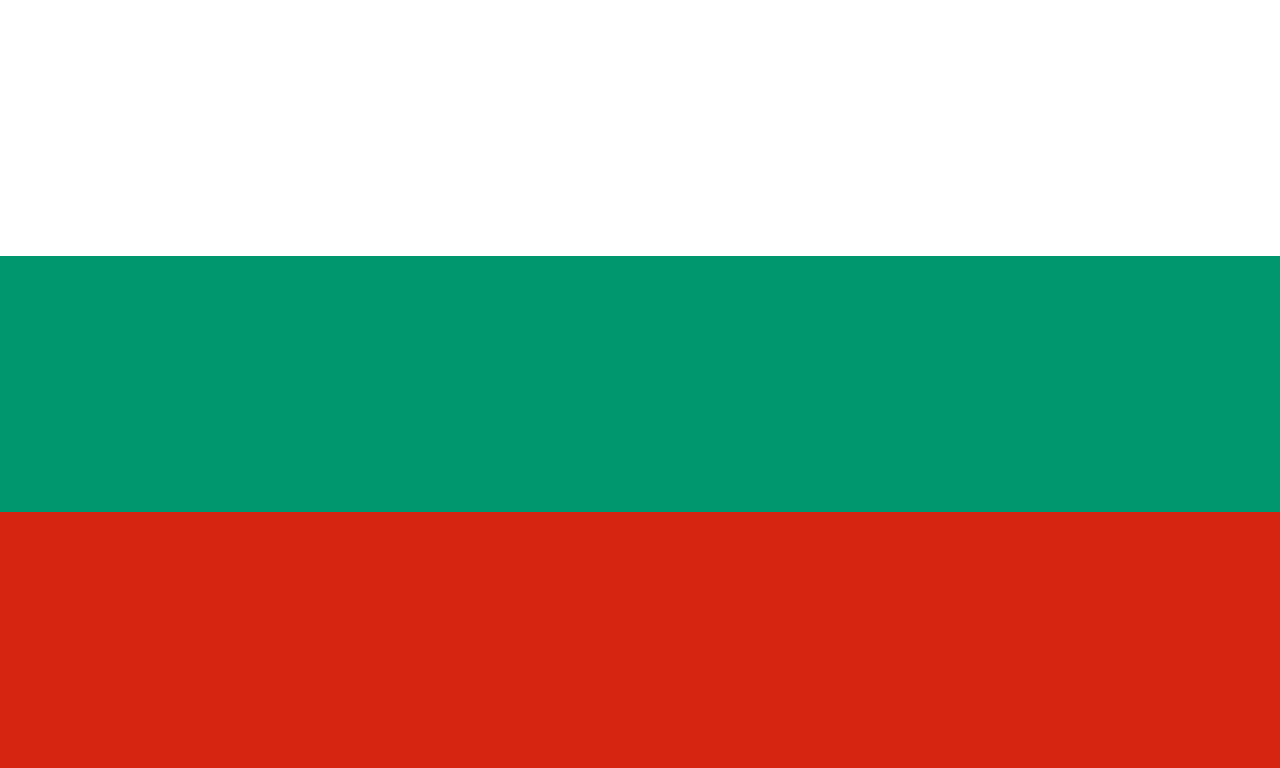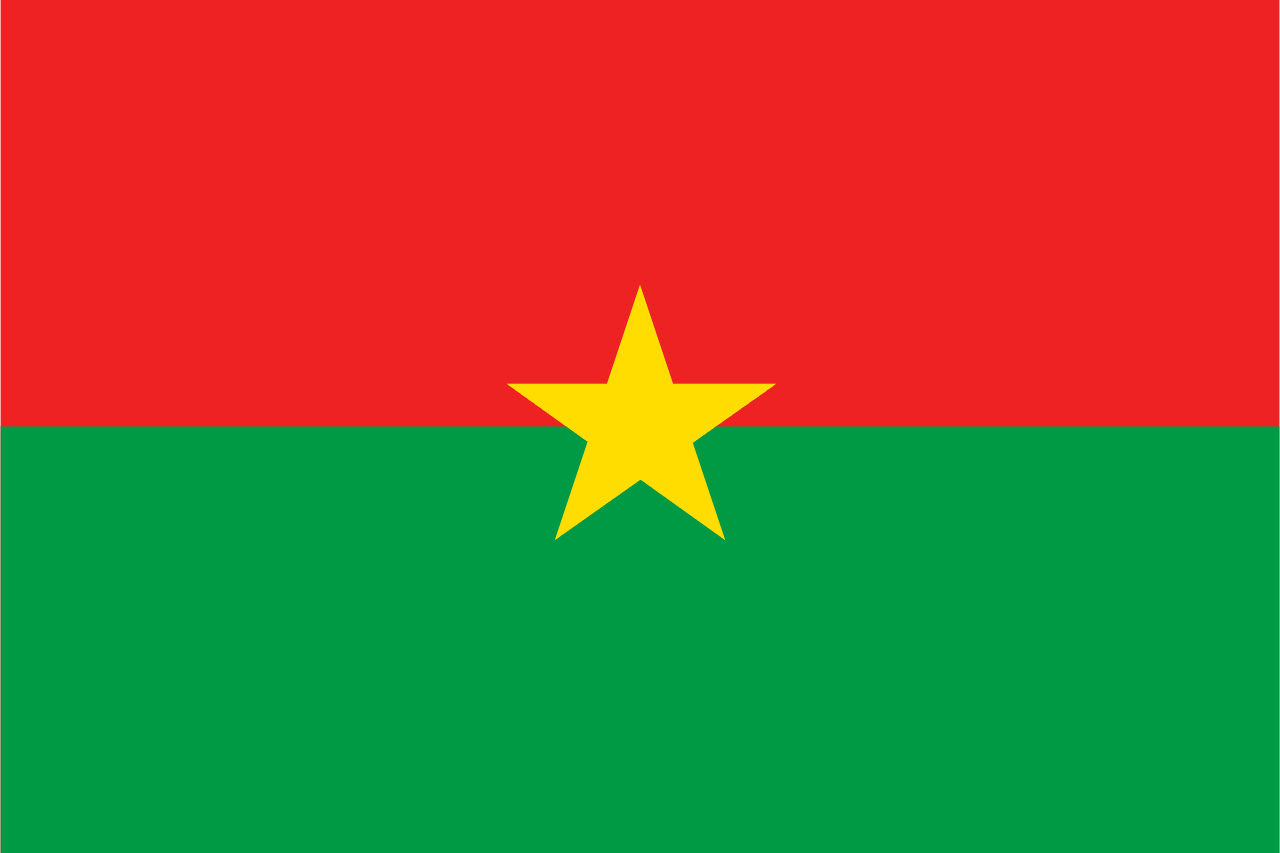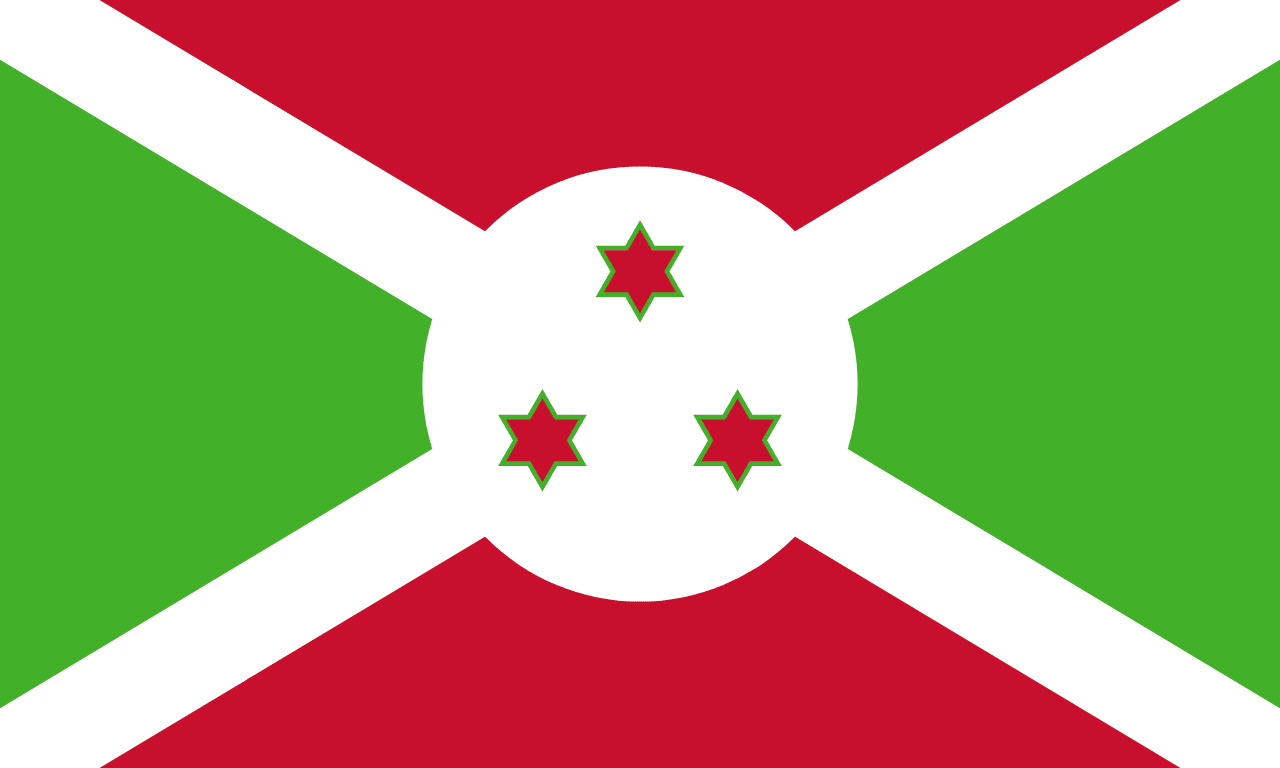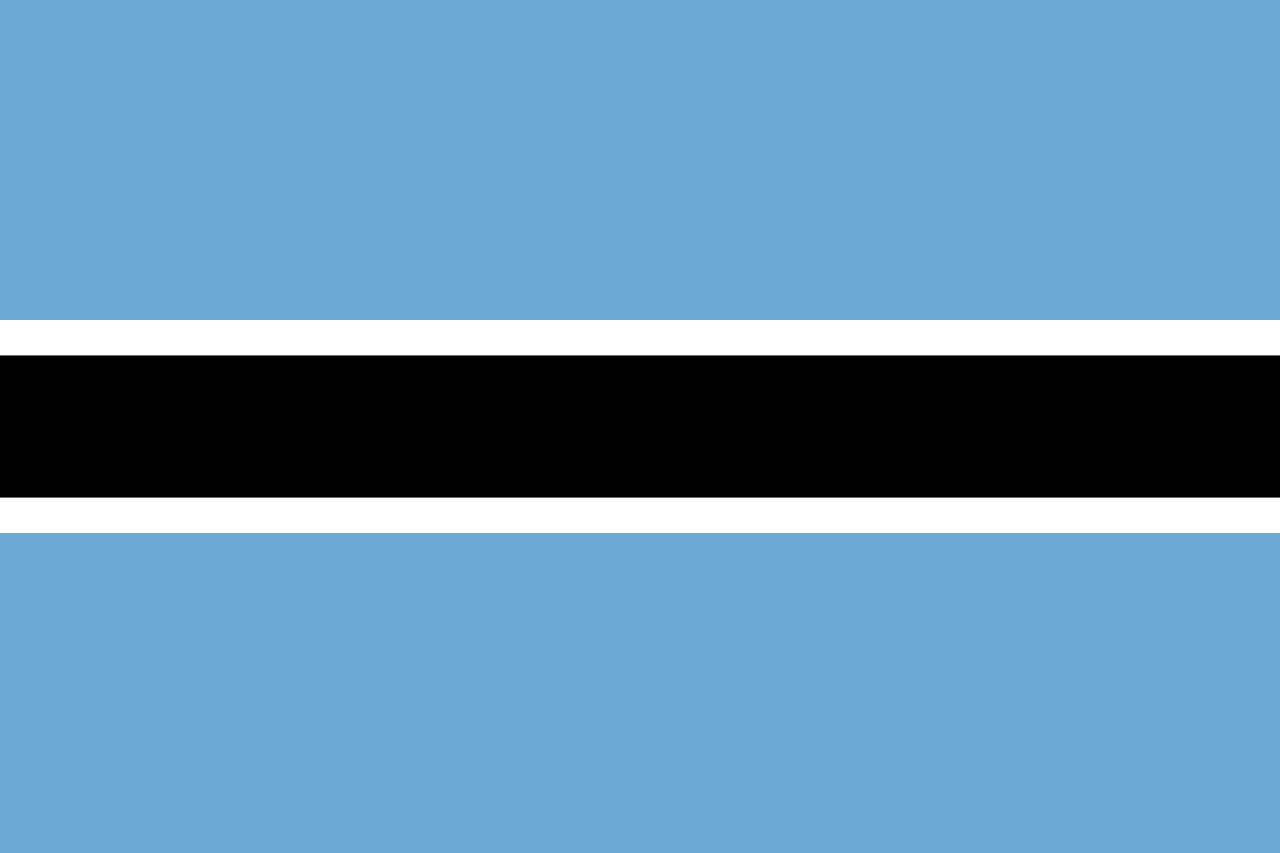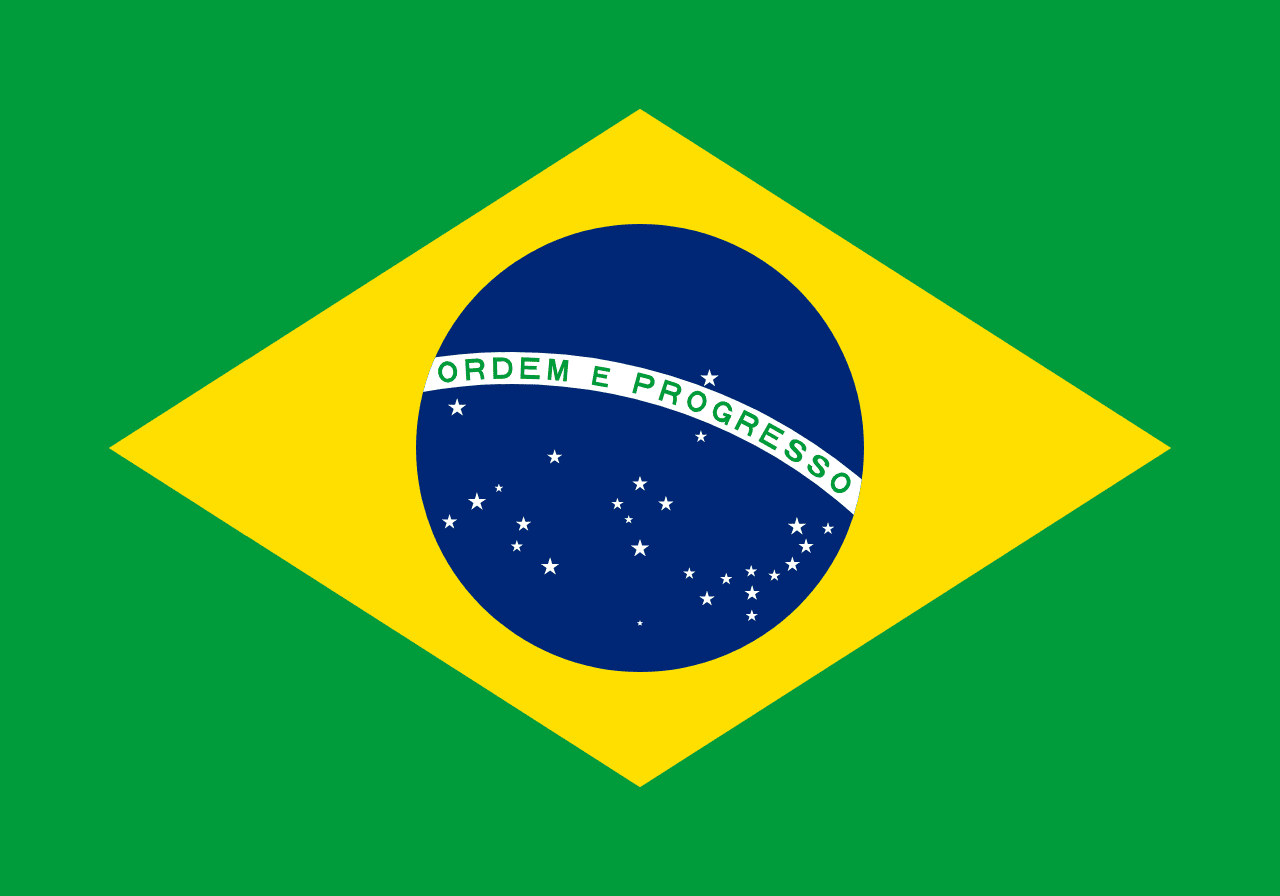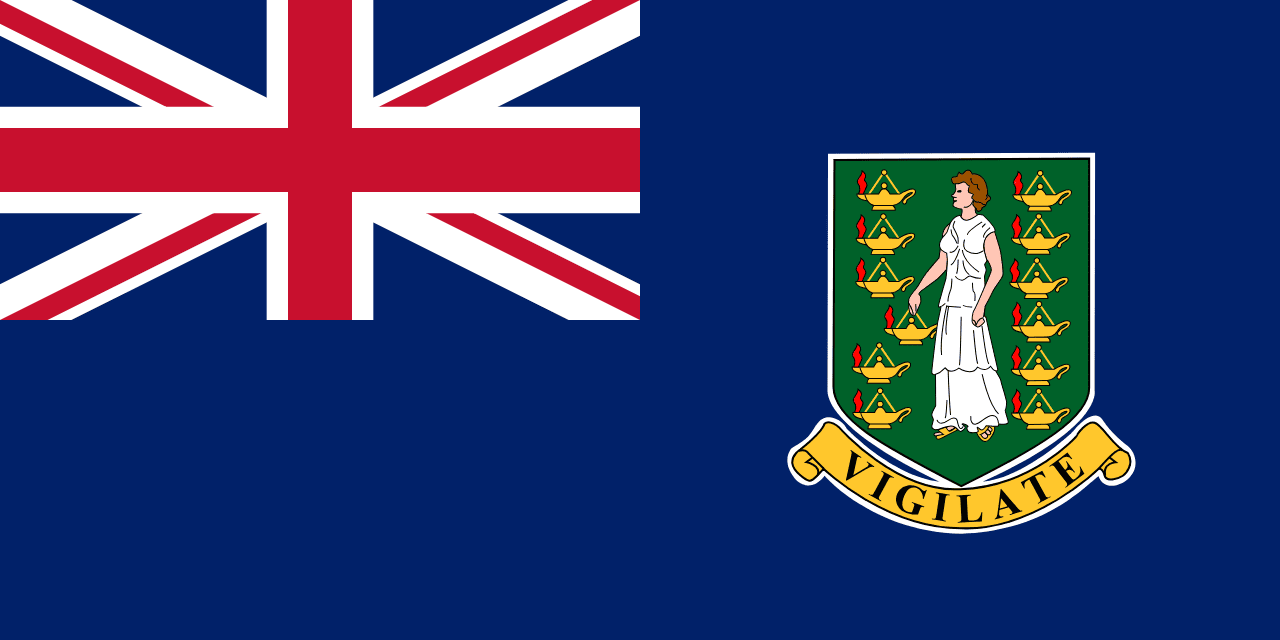The flag of Brunei, officially known as the State Flag of Brunei Darussalam, is a striking emblem that reflects the nation's Islamic heritage, royal traditions, and national identity. It features a yellow field bisected by two diagonal stripes - white and black - with the national emblem of Brunei centered in red.
Brunei information
| National Flag Day | February 23rd |
| Sovereign state | Yes |
| Official name | Negara Brunei Darussalam |
| Capital | Bandar Seri Begawan |
| Population | 433,158 |
| Area | 5,765 km² |
| Currency | Brunei dollar (BND) |
| Language | Malay, English |
| Continent | Asia |
| Region | Southeast Asia |
| Subregion | Borneo |
| Borders | Malaysia |
| Timezone | Brunei Time (BNT) UTC+8 |
| Calling code | +673 |
| Top-level domain | .bn |
History of the Brunei Flag
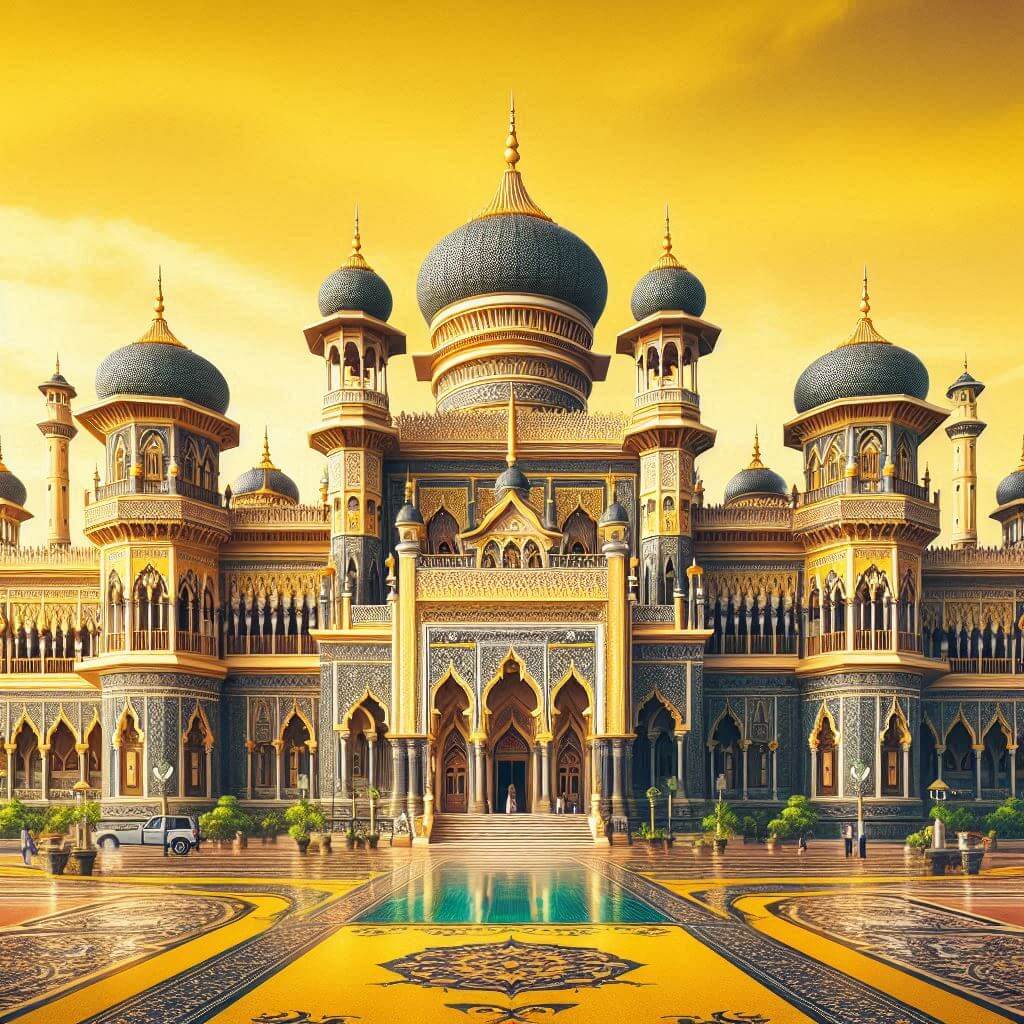 The current flag of Brunei was officially adopted on September 29, 1959, when the country attained self-government from the United Kingdom. However, the use of yellow as a royal color in Brunei dates back much further, to the sultanate's early history.
Prior to 1959, Brunei used various flags, all predominantly yellow, reflecting the sultan's authority. The addition of the black and white stripes and the national emblem in 1959 marked Brunei's transition towards modern statehood while maintaining its monarchical traditions.
The flag's design has remained unchanged since its adoption, symbolizing continuity in Brunei's governance and cultural identity. It continued to represent the nation when Brunei gained full independence from the United Kingdom on January 1, 1984.
The current flag of Brunei was officially adopted on September 29, 1959, when the country attained self-government from the United Kingdom. However, the use of yellow as a royal color in Brunei dates back much further, to the sultanate's early history.
Prior to 1959, Brunei used various flags, all predominantly yellow, reflecting the sultan's authority. The addition of the black and white stripes and the national emblem in 1959 marked Brunei's transition towards modern statehood while maintaining its monarchical traditions.
The flag's design has remained unchanged since its adoption, symbolizing continuity in Brunei's governance and cultural identity. It continued to represent the nation when Brunei gained full independence from the United Kingdom on January 1, 1984.
Symbolism and Design of the Brunei Flag
Every element of the Brunei flag is rich with symbolism:
- The yellow field represents the sultan and the royal family. Yellow has been the color of Bruneian royalty for centuries.
- The two diagonal stripes:
- The white stripe symbolizes the chief minister of Brunei.
- The black stripe represents the deputy chief minister.
- The central red emblem is the national crest of Brunei, which includes several elements:
- A crescent symbolizing Islam, the state religion.
- A parasol representing the monarchy.
- Wings symbolizing protection.
- Hands signifying the government's benevolence.
- A ribbon bearing the national motto in Arabic: "Always render service with God's guidance".
Usage and Significance of the Brunei Flag
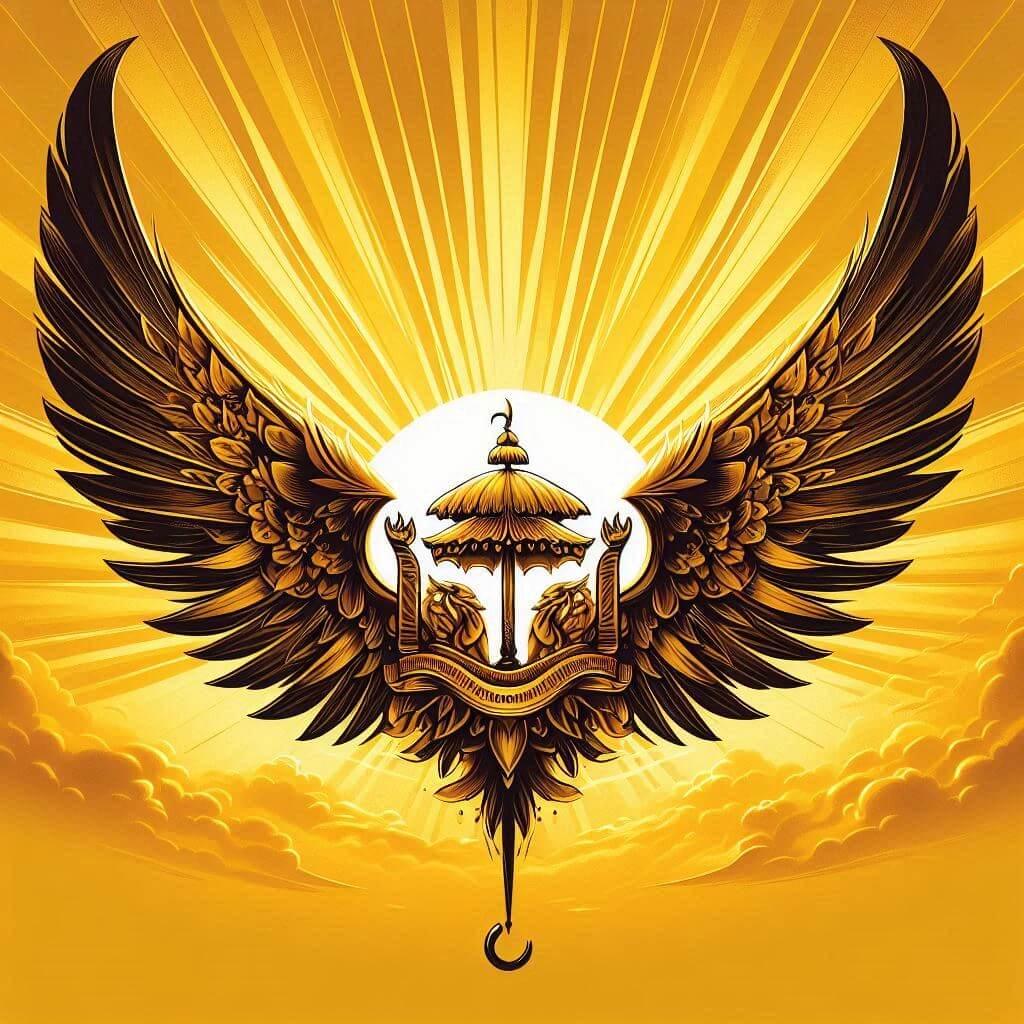 The flag of Brunei is a powerful symbol of national identity and is treated with great respect. It is prominently displayed on government buildings, schools, and during official ceremonies and national celebrations. The flag plays a central role in National Day celebrations on February 23rd, commemorating Brunei's independence.
In Brunei, there are strict protocols governing the use and display of the national flag. It is always given a position of honor and is never allowed to touch the ground. The flag is raised at dawn and lowered at dusk on government buildings, symbolizing the continuous presence of the sultanate.
The flag also represents Brunei in international forums and events, serving as a visible symbol of the country's sovereignty and its unique position as one of the world's few remaining sultanates.
The flag of Brunei is a powerful symbol of national identity and is treated with great respect. It is prominently displayed on government buildings, schools, and during official ceremonies and national celebrations. The flag plays a central role in National Day celebrations on February 23rd, commemorating Brunei's independence.
In Brunei, there are strict protocols governing the use and display of the national flag. It is always given a position of honor and is never allowed to touch the ground. The flag is raised at dawn and lowered at dusk on government buildings, symbolizing the continuous presence of the sultanate.
The flag also represents Brunei in international forums and events, serving as a visible symbol of the country's sovereignty and its unique position as one of the world's few remaining sultanates.
Interesting Facts About the Brunei Flag
- Brunei's flag is one of the few national flags to feature a national emblem on a non-rectangular part of the flag (the parallelogram formed by the diagonal stripes).
- The yellow color of the flag is so closely associated with Bruneian royalty that it's sometimes referred to as "royal yellow" in the country.
- The flag's design reflects Brunei's national philosophy of Melayu Islam Beraja (Malay Islamic Monarchy), emphasizing the role of the monarchy, Islam, and Malay culture in the nation's identity.
- During the Japanese occupation in World War II, the use of the Brunei flag was prohibited, making its re-adoption after the war a powerful symbol of national resurgence.
- The precise shade of yellow used in the flag is specified in the national flag and emblem act to ensure consistency in all official representations.
